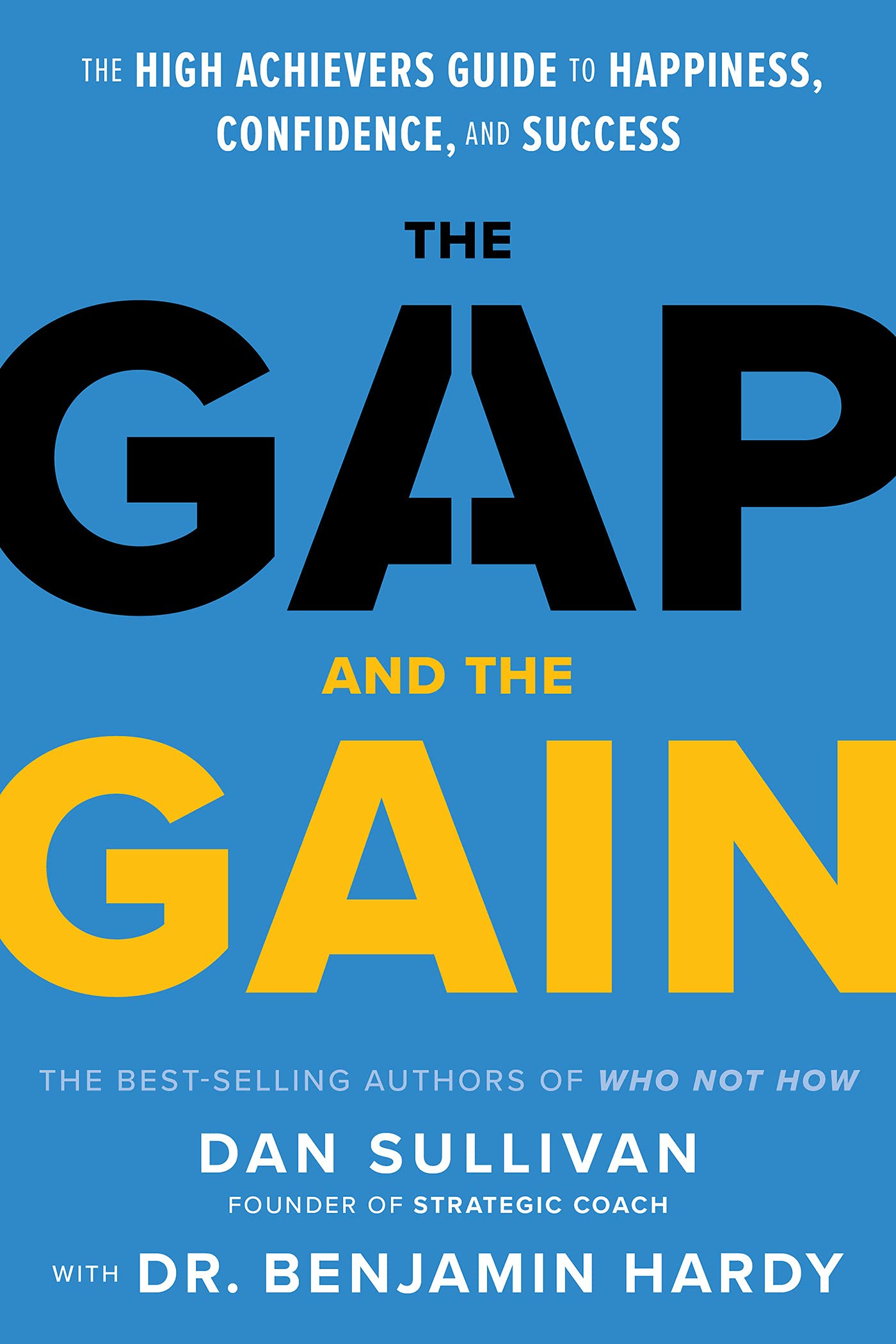TEDONA #170
The fear of looking stupid is holding you back more than actual stupidity ever could...
Insights
The Faintest Ink Is Better Than the Sharpest Memory
Years ago, I developed a powerful habit that has stuck with me through every season of life: documenting everything I consume.
Since my teenage years, I’ve always carried a pen and notepad. Even now, with a notepad built into my phone, I still reach for something to write with. There's something about the act of jotting things down that makes me more intentional with what I consume—whether it’s a short video, a book excerpt, or an interesting quote.
If I watch a funny video, I write down what made me laugh. If I see an ad that grabs my attention, I note what elements pulled me in—and how I could use that same energy in my own presentations or projects. It makes me not just a passive consumer, but an active student of life.
Journaling helps too. I don’t journal daily, but when I do, I ask myself questions like:
What did I learn today?
How does it help me reach my goals?
Did I spend quality time with my family?
Sometimes I use a notes app on my phone to log these reflections. It’s easy, portable, and flexible. I revisit my entries weekly, and each review helps me recalibrate and realign with what matters most. Other times, just plain old notebooks.
One of the unexpected benefits of this practice? Memory preservation.
There’s an old Chinese proverb that says:
“The faintest ink is better than the sharpest memory.”
It’s true. Think about the last time you stumbled on an old letter, a childhood drawing, or something you wrote years ago. It probably triggered a vivid memory or emotion you thought was long gone.
That’s the power of documentation.
It’s not just about preserving what you learn—
It’s about preserving who you were when you learned it.
What’s one piece of media you consumed recently that made you stop and think—and did you write it down?
Book of the Week
I reread this book twice this week.
This book focuses on a decisive mindset shift: instead of measuring your progress against an ideal (which creates "The Gap"), measure it against your past self and what you've achieved (which puts you in "The Gain").
Core Ideas of the Book
The Gap vs. The Gain Mindset
The Gap: When you compare yourself to an ideal or a future vision, you always feel like you’re falling short. This creates frustration, dissatisfaction, and a sense of failure.
The Gain: When you measure yourself against where you started, you recognize progress, build confidence, and develop a sense of fulfillment.
Why The Gap is Dangerous
Perfectionism and never feeling "good enough."
Leads to stress, burnout, and frustration.
Focuses on what you lack rather than what you’ve gained.
Why The Gain is Empowering
Reinforces progress and builds momentum.
Helps you recognize your achievements and strengths.
Boosts happiness, resilience, and motivation.
How to Apply "The Gain" in Daily Life
Daily Reflection: Write down three things you’ve improved on or achieved. (I created a whole new journal just because of this book to capture my achievements in the future)
Progress Tracking: Instead of focusing on a distant goal, measure your growth from where you were 6 months or a year ago.
Shift Your Perspective: When facing a challenge, ask, “How have I already grown from this?”
How This Relates to me
Since I am big on personal growth, coaching, and entrepreneurship, The Gap and The Gain helped in multiple ways:
When helping others with reading and self-improvement, I used this concept to show them they’ve already made progress, even if they don’t feel it.
Focusing on small wins instead of feeling like you’re "not there yet" can help an entrepreneur avoid frustration when growth isn't instant.
Watched
Question for You?
What did you learn today?




